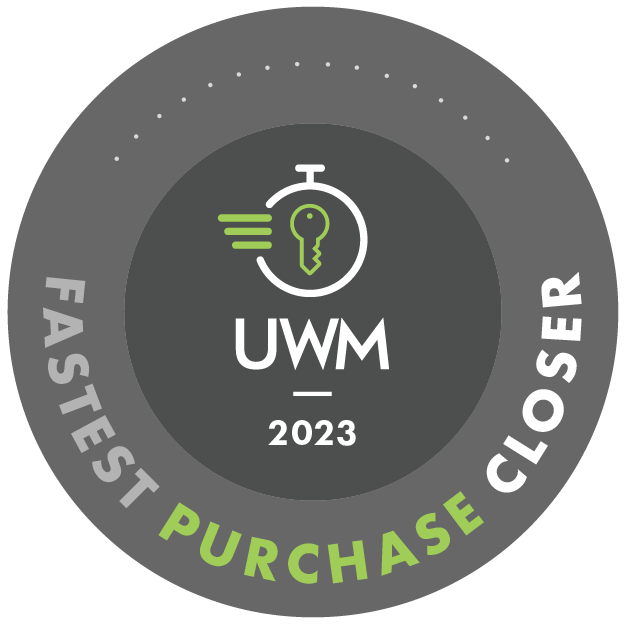Deciding between buying a home and renting is one of the biggest financial decisions you’ll make. In Texas, where housing markets vary from city to city, the right choice depends on factors like affordability, long-term financial goals, and lifestyle preferences. Let’s break down the pros and cons of both options to help you decide what’s best for you.
The Case for Buying a Home in Texas
1. Building Equity Over Time
When you buy a home, your mortgage payments help you build equity—meaning you own more of your home over time. Renting, on the other hand, means paying for a property that never belongs to you.
- Example: If you buy a $300,000 home with a 3% down payment, your monthly mortgage payment (including taxes and insurance) could be around $2,100. Over time, your home may increase in value, helping you build wealth.
2. Fixed Monthly Payments
With a fixed-rate mortgage, your monthly payment remains predictable over time, unlike rent, which typically increases every year.
- Example: The average rent for a 2-bedroom apartment in Texas is around $1,800-$2,500, and that cost could rise annually, depending on the market.
3. Tax Benefits of Homeownership
Owning a home provides potential tax deductions, such as:
- Mortgage interest deduction
- Property tax deduction
- Mortgage insurance deduction (for some loan types)
These deductions can help reduce your taxable income and save you money.
4. Greater Stability & Personalization
Owning a home gives you stability and freedom—you can customize your space, make renovations, and avoid unexpected rent hikes or lease terminations.
The Case for Renting in Texas
1. Lower Upfront Costs
Renting requires less upfront cash. While homebuyers need a down payment (3%-20%) plus closing costs, renters typically only need:
- First month’s rent + security deposit
- No property taxes, homeowners insurance, or maintenance costs
2. Flexibility to Move
If you’re not sure where you’ll be in a few years, renting gives you more mobility. This is ideal for:
- Job relocations
- Lifestyle changes
- Avoiding market fluctuations
3. No Maintenance or Repair Costs
Homeowners are responsible for repairs, while renters can call the landlord or property manager when something breaks. This can save thousands in maintenance costs.
- Example: A new roof or HVAC system could cost homeowners $5,000-$10,000+. Renters don’t have to worry about these expenses.
4. No Market Risk
Home values fluctuate, and if you buy at the wrong time, you might lose equity if the market declines. Renters aren’t affected by home price drops.
Buying vs. Renting in Texas: A Cost Comparison
| Factor | Buying a Home | Renting |
|---|---|---|
| Upfront Costs | Down payment + closing costs | Security deposit + first month’s rent |
| Monthly Payment Stability | Fixed (if using a fixed-rate mortgage) | Rent can increase |
| Equity Building | Yes, you gain homeownership | No, you’re paying your landlord |
| Tax Benefits | Mortgage & property tax deductions | None |
| Flexibility | Long-term commitment | Easier to relocate |
| Maintenance Costs | Homeowner is responsible | Landlord handles repairs |
Is Buying or Renting Right for You?
Buying Might Be Best If You:
✅ Plan to stay in Texas for at least 3-5 years
✅ Have stable income and good credit
✅ Can afford the down payment and closing costs
✅ Want to build equity and increase net worth
Renting Might Be Best If You:
✅ Need flexibility
for career or lifestyle changes
✅ Prefer low upfront costs
and no maintenance worries
✅ Aren’t ready to commit to a location
long-term
✅ Don’t want the risk of property value fluctuations
Final Thoughts
For many Texans, buying a home is a great long-term investment, but renting can be the smarter choice for those seeking flexibility. The right decision depends on your financial situation, goals, and how long you plan to stay in one place.
If you're considering buying a home, speak with a mortgage expert to explore your options and see if homeownership is right for you!
Would you like me to adjust anything or add more details? Let me know!


